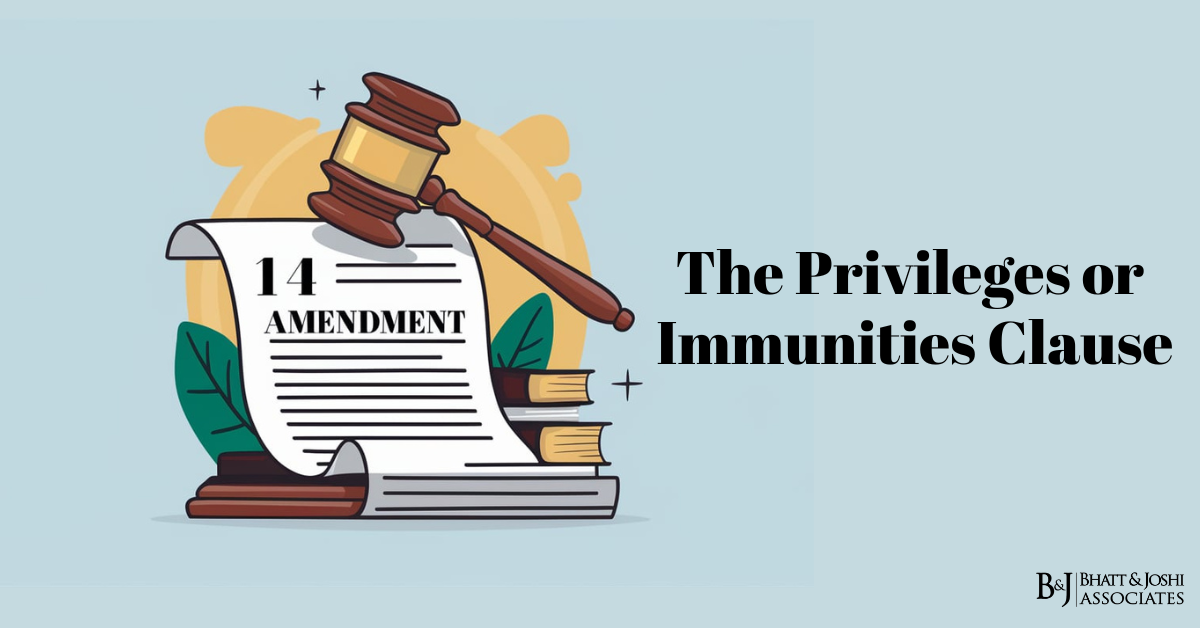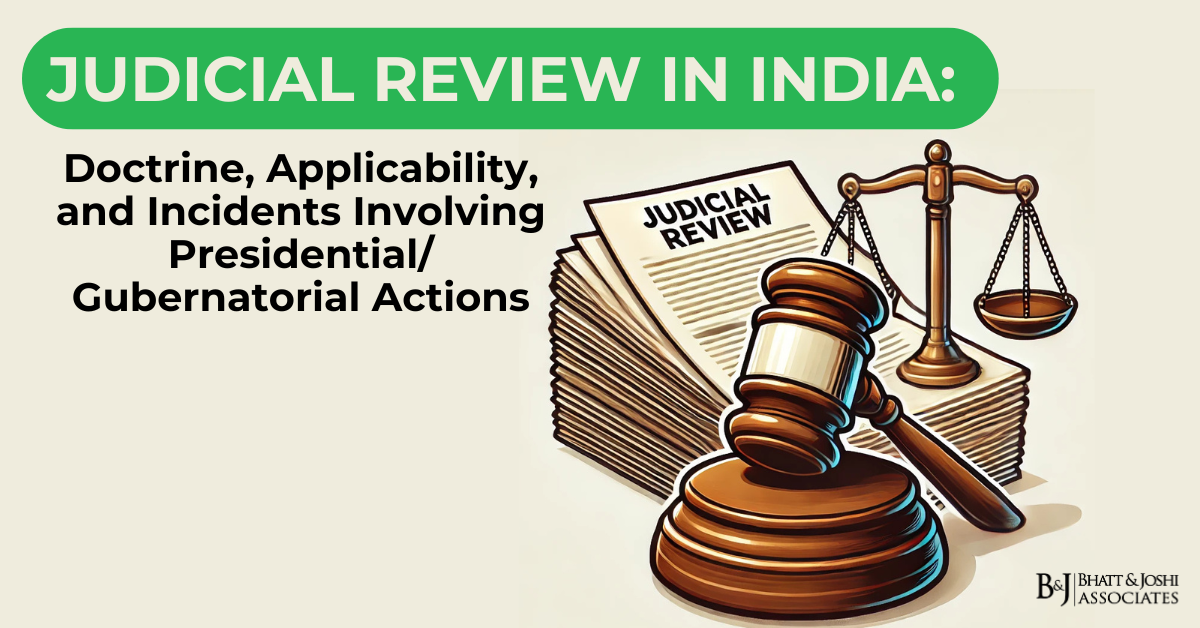What is the Privileges or Immunities Clause of the 14th amendment?
The Privileges or Immunities Clause is a provision of the Fourteenth Amendment to the United States Constitution that has been the subject of significant legal debate and interpretation since its ratification in 1868. The clause states: “No State shall make or enforce any law which shall abridge the privileges or immunities of citizens of the United States.” Despite its seemingly straightforward language, this clause has had a complex and often controversial history in American constitutional law.
Originally intended to be a key provision for protecting the rights of newly freed slaves and ensuring equal citizenship for all Americans, the Privileges or Immunities Clause was effectively nullified by the Supreme Court’s narrow interpretation in the Slaughter-House Cases of 1873. This decision has been widely criticized by legal scholars and has led to ongoing debates about the clause’s proper interpretation and potential for revitalization.
Understanding the Privileges or Immunities Clause requires an examination of its historical context, its interpretation by the courts, and its potential significance for contemporary constitutional law.
Historical Context
The Privileges or Immunities Clause was enacted as part of the Fourteenth Amendment in the aftermath of the Civil War. Its primary purpose was to address the Black Codes enacted by Southern states, which severely restricted the rights of former slaves. The clause was intended to ensure that all citizens, regardless of race, would enjoy the same fundamental rights throughout the nation.
The concept of “privileges and immunities” was not new to American law. Article IV of the Constitution already contained a Privileges and Immunities Clause, which protected the rights of citizens of one state when they traveled to another state. However, the Fourteenth Amendment’s clause was broader in scope, applying to national citizenship and protecting citizens against their own state governments.
The framers of the Fourteenth Amendment, particularly Representative John Bingham of Ohio, envisioned the Privileges or Immunities Clause as a means of incorporating the Bill of Rights against the states. This would ensure that state governments, not just the federal government, would be required to respect fundamental rights such as freedom of speech, religion, and due process of law.
The Slaughter-House Cases and Their Impact
The Supreme Court’s interpretation of the Privileges or Immunities Clause in the Slaughter-House Cases of 1873 had a profound and lasting impact on its application. The case arose from a dispute over a Louisiana law that granted a monopoly on the slaughtering of animals in New Orleans to a single company.
In a 5-4 decision, the Court adopted a narrow interpretation of the clause. Justice Samuel Miller, writing for the majority, distinguished between the privileges and immunities of state citizenship and those of national citizenship. The Court held that the Privileges or Immunities Clause protected only a limited set of rights inherent to national citizenship, such as the right to travel between states, access to seaports, and protection on the high seas.
This interpretation effectively rendered the clause largely meaningless, as it protected only rights that were already safeguarded by other constitutional provisions. The dissenting opinions, particularly that of Justice Stephen J. Field, argued for a broader interpretation that would have included fundamental rights such as those enumerated in the Bill of Rights.
The Slaughter-House Cases had several significant consequences:
- It essentially nullified the Privileges or Immunities Clause as a means of protecting individual rights against state infringement.
- It shifted the focus of civil rights protection to other provisions of the Fourteenth Amendment, particularly the Due Process and Equal Protection Clauses.
- It delayed the incorporation of the Bill of Rights against the states for decades, as the Court later used the Due Process Clause for this purpose instead.
- It has been widely criticized by legal scholars as a misinterpretation of the Fourteenth Amendment’s original intent.
Subsequent Developments
Following the Slaughter-House Cases, the Privileges or Immunities Clause remained largely dormant for over a century. The Supreme Court occasionally referenced the clause but generally adhered to the narrow interpretation established in Slaughter-House.
Some notable cases that touched on the Privileges or Immunities Clause include:
- United States v. Cruikshank (1876): The Court reaffirmed the Slaughter-House interpretation, holding that the right to assemble and the right to bear arms were not privileges of national citizenship protected by the clause.
- Twining v. New Jersey (1908): The Court held that the privilege against self-incrimination was not a privilege of national citizenship protected by the clause.
- Colgate v. Harvey (1935): In a rare departure, the Court used the clause to strike down a state tax law, but this decision was overruled just five years later.
- Madden v. Kentucky (1940): The Court overruled Colgate v. Harvey and reaffirmed the narrow Slaughter-House interpretation.
The Incorporation Doctrine and the Privileges or Immunities Clause
While the Privileges or Immunities Clause remained largely ineffective, the Supreme Court gradually began to incorporate various provisions of the Bill of Rights against the states through the Due Process Clause of the Fourteenth Amendment. This process, known as the Incorporation Doctrine, achieved much of what the framers of the Fourteenth Amendment had originally intended for the Privileges or Immunities Clause.
Some scholars argue that the use of the Due Process Clause for incorporation was a historical accident resulting from the Court’s misinterpretation of the Privileges or Immunities Clause. They contend that a proper reading of the clause would have provided a more straightforward and textually sound basis for applying the Bill of Rights to the states.
Modern Reexamination: Saenz v. Roe
In 1999, the Supreme Court breathed new life into the Privileges or Immunities Clause with its decision in Saenz v. Roe. The case involved a California law that limited welfare benefits for new residents to the amount they would have received in their previous state of residence for their first year in California.
In a 7-2 decision, the Court struck down the law as a violation of the right to travel, which it held was protected by the Privileges or Immunities Clause. Justice John Paul Stevens, writing for the majority, identified three components of the right to travel:
- The right to enter and leave another state
- The right to be treated as a welcome visitor when temporarily present in another state
- The right to be treated like other citizens of that state when moving there permanently
The Court held that the third component was protected by the Privileges or Immunities Clause, marking the first time in over 60 years that the Court had used the clause to strike down a state law.
While Saenz v. Roe did not overturn the Slaughter-House Cases or dramatically expand the scope of the Privileges or Immunities Clause, it signaled a willingness by the Court to reconsider the clause’s potential application.
McDonald v. Chicago and the Second Amendment
The Privileges or Immunities Clause received renewed attention in the 2010 case McDonald v. Chicago, which addressed whether the Second Amendment right to keep and bear arms applies to the states. While the majority opinion ultimately relied on the Due Process Clause to incorporate the Second Amendment, Justice Clarence Thomas wrote a concurring opinion arguing that the right should be protected through the Privileges or Immunities Clause.
Thomas’s opinion provided a detailed historical analysis of the clause, arguing that it was intended to protect fundamental rights, including those enumerated in the Bill of Rights, against state infringement. He contended that the Slaughter-House Cases were wrongly decided and should be overturned.
Although Thomas’s view did not command a majority, his opinion has reinvigorated academic and legal discussions about the potential for reviving the Privileges or Immunities Clause.
Theoretical Debates and Potential Implications
The interpretation and potential revival of the Privileges or Immunities Clause have been subjects of intense debate among legal scholars and theorists. Some of the key issues in these debates include:
- Original Intent: Many originalist scholars argue that the Slaughter-House Cases fundamentally misinterpreted the original meaning and intent of the Privileges or Immunities Clause. They contend that the clause was meant to be a primary vehicle for protecting individual rights against state infringement.
- Scope of Protected Rights: There is significant debate about what rights would be protected by a revitalized Privileges or Immunities Clause. Some argue for a limited set of rights closely tied to national citizenship, while others advocate for a broader range of fundamental rights.
- Relationship to Other Constitutional Provisions: Scholars have debated how a reinvigorated Privileges or Immunities Clause would interact with other constitutional provisions, particularly the Due Process and Equal Protection Clauses of the Fourteenth Amendment.
- Implications for Incorporation: Some argue that shifting the basis for incorporation from the Due Process Clause to the Privileges or Immunities Clause would provide a more textually and historically sound foundation for applying the Bill of Rights to the states.
- Economic Liberty: Some scholars and jurists, particularly those associated with libertarian legal thought, have argued that the clause could be used to protect economic liberties and limit government regulation of business.
Potential Implications of Revitalization
A revival of the Privileges or Immunities Clause could have significant implications for American constitutional law:
- Strengthened Protection of Individual Rights: A broader interpretation of the clause could potentially provide stronger protections for individual rights against state infringement.
- New Basis for Unenumerated Rights: The clause could serve as a textual hook for recognizing and protecting unenumerated rights not explicitly mentioned in the Constitution.
- Economic Liberty: Depending on its interpretation, a revitalized clause could potentially be used to challenge economic regulations and protect economic freedoms.
- Federalism: A broader reading of the clause could shift the balance of power between state and federal governments, potentially limiting state autonomy in certain areas.
- Constitutional Interpretation: A revival of the clause could influence broader debates about constitutional interpretation, particularly regarding originalism and the role of historical intent in constitutional analysis.
Challenges to Revitalization
Despite ongoing interest in reviving the Privileges or Immunities Clause, there are significant challenges to doing so:
- Stare Decisis: The doctrine of stare decisis, which gives weight to precedent, poses a significant obstacle to overturning the long-standing interpretation established by the Slaughter-House Cases.
- Concerns About Judicial Discretion: Some worry that a broad interpretation of the clause could give judges too much discretion in determining what rights are protected, potentially leading to judicial overreach.
- Federalism Concerns: There are concerns that a expansive reading of the clause could unduly restrict state autonomy and upset the balance of federalism.
- Lack of Clear Standards: The vague language of “privileges or immunities” could make it difficult to develop clear, consistent standards for applying the clause.
- Resistance to Change: The legal community and the broader public have become accustomed to the current framework of constitutional rights protection, which could create resistance to a significant shift in approach.
Comparative Perspective
While the Privileges or Immunities Clause is unique to the U.S. Constitution, the concept of protecting fundamental rights of citizenship is not uncommon in other legal systems:
- In the European Union, the concept of EU citizenship confers certain rights and privileges on citizens of member states throughout the EU.
- The Canadian Charter of Rights and Freedoms includes provisions protecting mobility rights and certain other rights of Canadian citizens.
- In Australia, the Constitution protects freedom of interstate trade and commerce, which has been interpreted to include a right of interstate movement similar to the right to travel protected under the U.S. Privileges or Immunities Clause.
Conclusion
The Privileges or Immunities Clause remains one of the most intriguing and controversial provisions of the U.S. Constitution. Its history reflects the complex interplay of constitutional text, judicial interpretation, and evolving understandings of individual rights and federalism in American law.
While the clause has been largely dormant for much of its history due to the Supreme Court’s narrow interpretation in the Slaughter-House Cases, recent decades have seen renewed interest in its potential. The decisions in Saenz v. Roe and the concurring opinion in McDonald v. Chicago have sparked fresh debates about the clause’s meaning and possible applications.
The future of the Privileges or Immunities Clause remains uncertain. Its revitalization could potentially reshape significant aspects of American constitutional law, providing new protections for individual rights and altering the balance between state and federal power. However, such a revival would face substantial legal and practical challenges.
As debates over constitutional interpretation and the scope of individual rights continue to evolve, the Privileges or Immunities Clause is likely to remain a subject of scholarly interest and legal argument. Whether it will eventually assume the central role in protecting citizens’ rights that its framers envisioned, or remain a constitutional curiosity, only time will tell.
The ongoing discussion surrounding the Privileges or Immunities Clause serves as a reminder of the living nature of constitutional interpretation and the enduring relevance of the Constitution’s text and history in shaping contemporary legal debates. As American society continues to grapple with questions of individual rights, federalism, and the proper role of government, the Privileges or Immunities Clause may yet play a significant role in shaping the future of American constitutional law.














